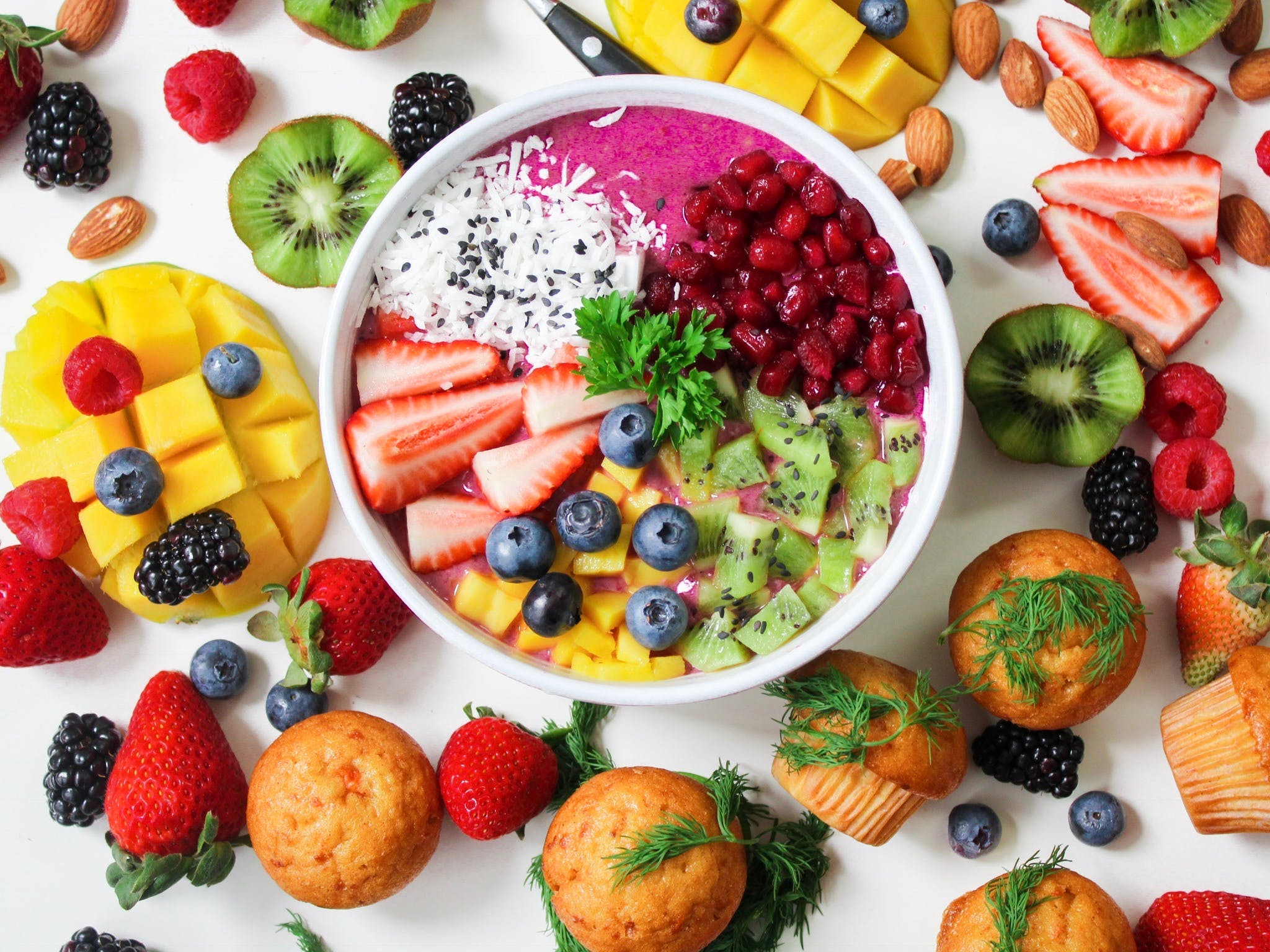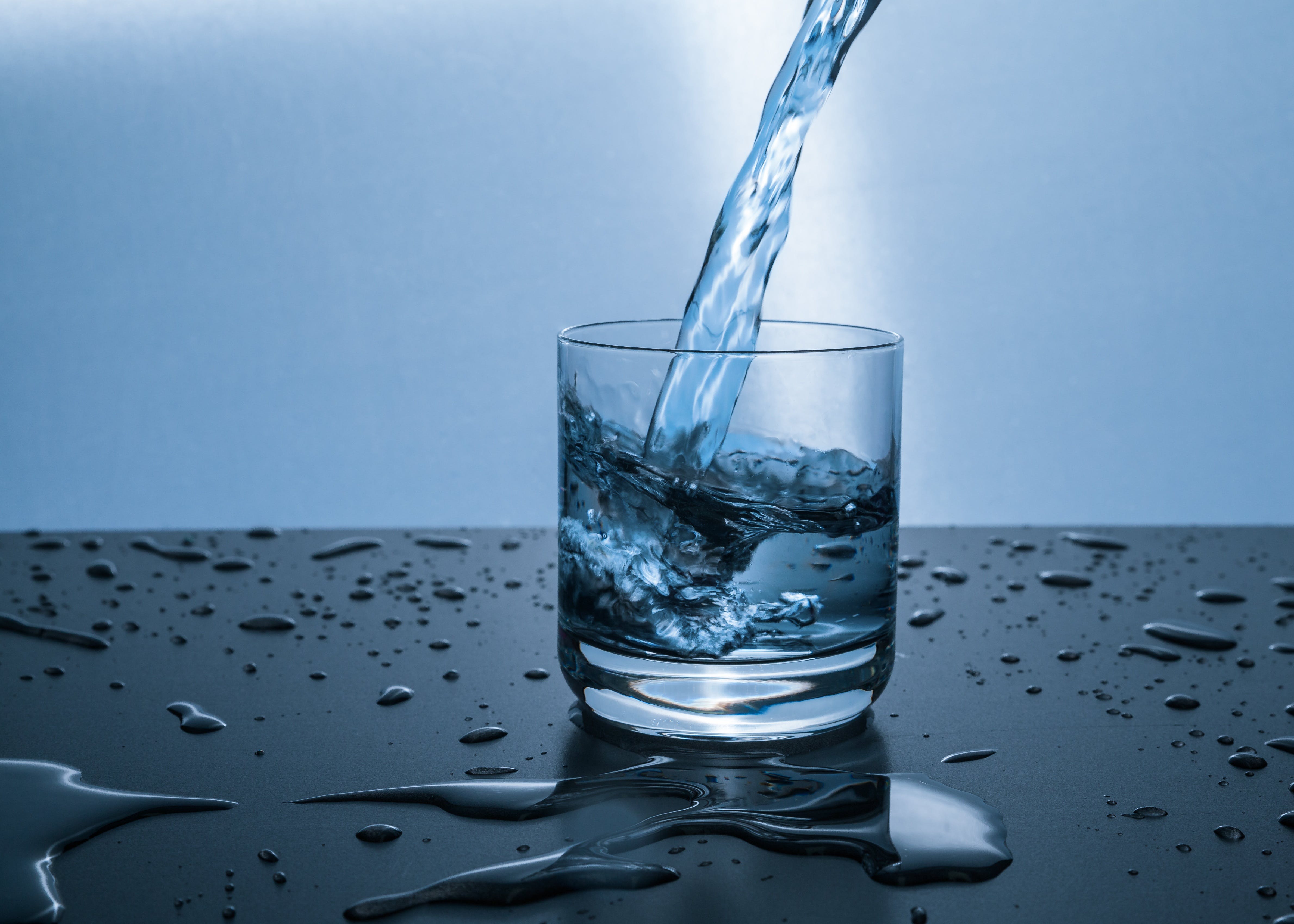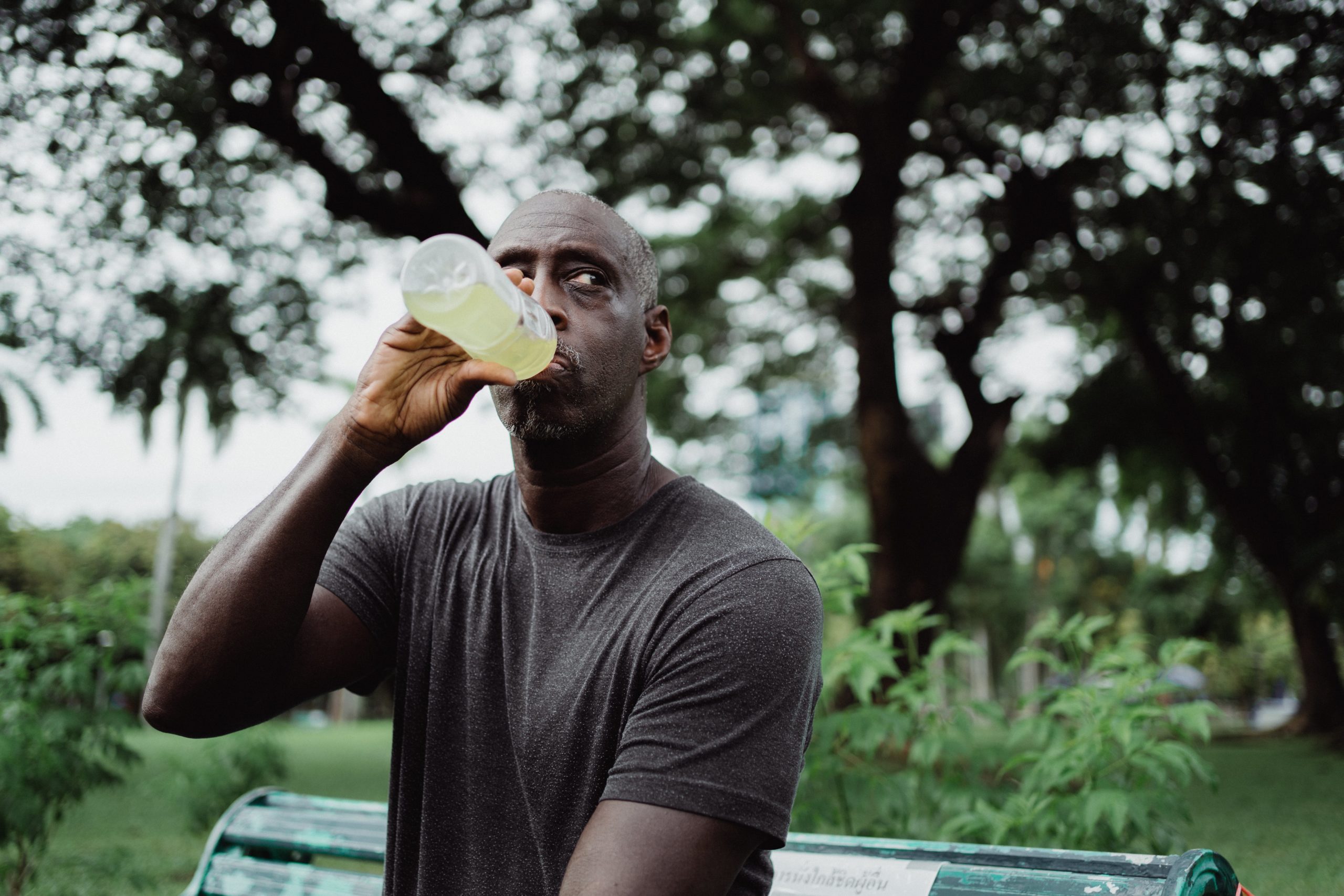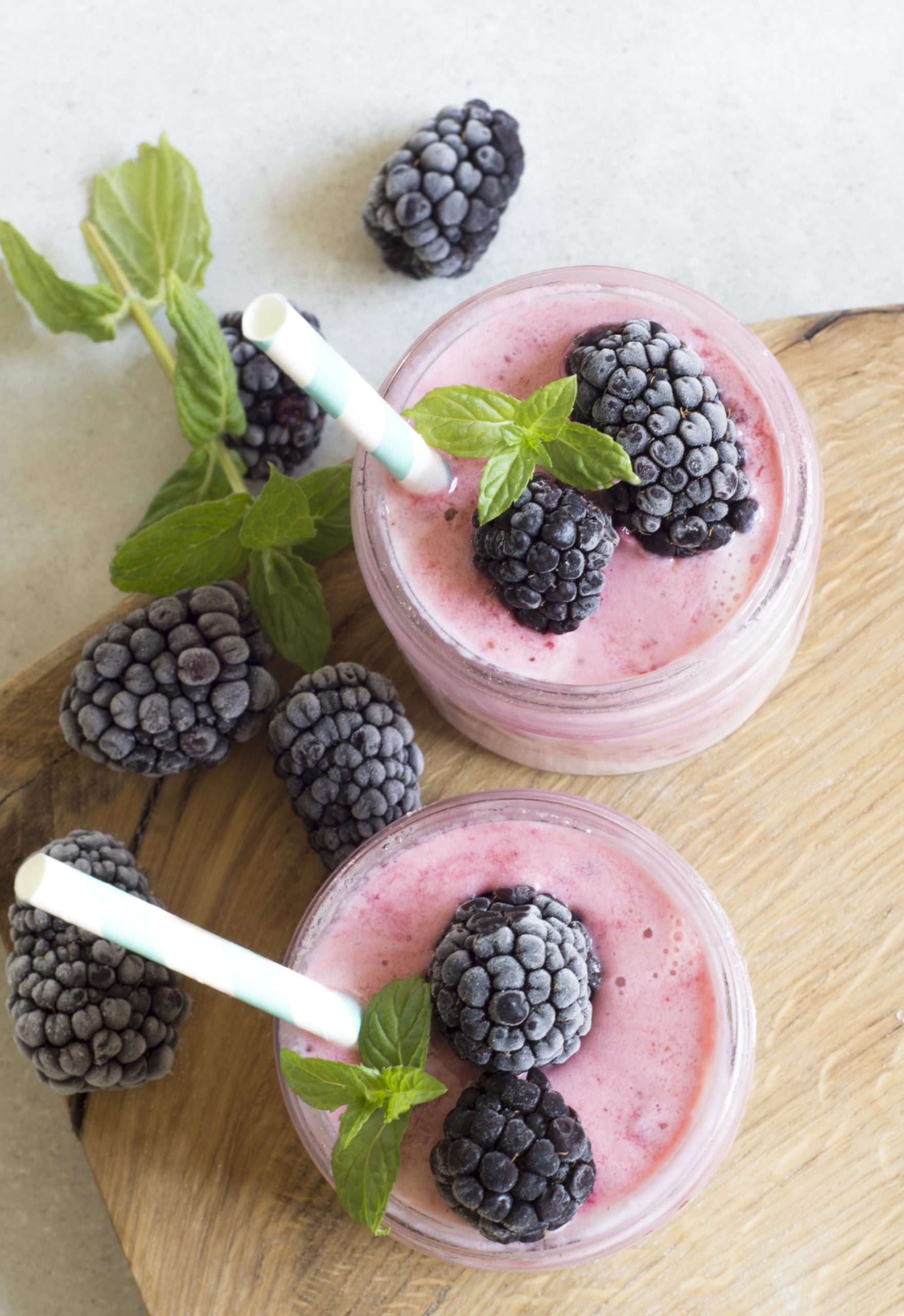
Nuttrion Tips for Pickleball Players
Table of Contents
Pre-Game Fueling Strategies
In-Game Nutrition
Post-Game Recovery
Long-term Nutrition Strategies
Pre-Game Fueling Strategies

Following these pre-game fueling strategies can help you optimize your energy levels, enhance endurance, and improve your overall performance on the pickleball court. It’s essential to listen to your body and tailor these strategies to suit your individual needs for the best results.
Hydration for Performance
Hydration isn’t just about drinking water before a game; it’s a habit that starts well before stepping onto the court:
- Start Early: Hydrate throughout the day leading up to your game. Begin with a glass of water as part of your morning routine.
- Monitor Urine Color: Check your urine color – it should be pale yellow, indicating good hydration. Darker urine might signify dehydration.
- Electrolyte Balance: Consider drinks or snacks that contain electrolytes to maintain proper fluid balance, especially if you’re playing in warmer conditions or for extended periods.
- Pick a Good Source of Protein- Choosing a good source of protein such as eggs or protein sticks. Will help your body stay active for longer.
Strategic Carbohydrate Intake
Carbohydrates serve as your body’s primary energy source. Optimize their consumption for sustained performance:
- Complex Carbs: Aim for a meal rich in complex carbohydrates like brown rice, quinoa, or whole-grain pasta a few hours before playing. These provide a steady release of energy.
- Avoid Heavy Meals: Eat a moderate-sized meal to avoid feeling too full or sluggish during play. Heavy, high-fat meals can make you feel lethargic.
- Pre-Game Snacks: If playing later in the day, have a small snack (like a banana or an energy bar) an hour or so before the game to top up your energy levels.
Protein for Endurance
Protein isn’t just for muscle building; it also aids in sustaining energy levels during physical activities:
- Lean Protein Sources: Incorporate lean protein sources like grilled chicken, fish, tofu, or beans into your pre-game meal. These help support muscle function during play.
- Timing Matters: Consume protein as part of your pre-game meal rather than immediately before playing to ensure it’s adequately digested and ready for use during the game.
Personalize Your Approach
Each player’s body reacts differently to foods and hydration. Consider these personalized tips:
- Experiment and Adapt: Pay attention to how different foods make you feel during play. Experiment with meal timing and food choices to find what works best for your energy levels and comfort on the court.
- Consistency is Key: Once you find a pre-game nutrition routine that works for you, stick with it. Consistency helps your body anticipate and utilize the nutrients optimally.
In-Game Nutrition

Maintaining hydration levels during a match is crucial for sustaining performance:
Continuous Hydration
Maintaining hydration levels during a match is crucial for sustaining performance:
- Sip Frequently: Take small sips of water or a sports drink between games or during short breaks. This prevents dehydration without causing discomfort.
- Electrolyte Balance: Consider drinks or snacks with electrolytes, especially during longer matches or when playing in hot conditions, to replace minerals lost through sweat.
Smart Snacking Choices
Choosing the right snacks between games can help replenish energy without causing digestive discomfort:
- Easily Digestible Foods: Opt for easily digestible snacks like bananas, energy bars, or sports gels. These provide a quick energy boost without feeling heavy on the stomach.
- Avoid Sugary Spikes: While sugar can offer a quick energy surge, be cautious of sugary snacks that might cause an energy crash later in the game. Check out this blog post to give you more high protein snack ideas https://musclemunchiesofficial.com/protein-the-building-blocks-of-health-but-how-much-is-too-much/
Adapt to Match Intensity
Adjust your in-game nutrition strategy based on the intensity and duration of the match:
- Shorter Games: For shorter matches, focus on staying hydrated and have light, easily digestible snacks to maintain energy levels without feeling weighed down.
- Longer Matches or Tournaments: In extended play, plan for more sustained energy by having slightly larger snacks and ensuring consistent hydration throughout the match.
Mind Your Timing
Timing your in-game nutrition is essential for optimal performance:
- During Breaks: Use breaks between games to take in fluids and snacks. This helps maintain energy levels without interrupting the flow of the game.
- Avoid Overconsumption: Be mindful not to consume too much food or drink just before playing, as it might cause discomfort or sluggishness during the match.
Listen to Your Body
Every player’s nutritional needs during a game can vary. Pay attention to how your body responds:
- Recognize Signals: Notice signs of fatigue or dehydration such as lightheadedness, muscle cramps, or a drop in performance. Address these by hydrating and consuming small, energy-boosting snacks.
- Experiment and Learn: Through trial and error, learn what snacks and hydration routines work best for you during matches. Adapt your strategy based on what keeps you feeling energized and focused.
Post-Game Recovery

After a match, replenishing fluids and nutrients is crucial for recovery
Rehydration and Refueling
- Hydrate: Drink plenty of water to rehydrate, replacing fluids lost through sweating during the game.
- Replenish Glycogen: Consume a balanced meal within an hour after playing that includes carbohydrates and proteins. This helps replenish energy stores and aids in muscle recovery. Vitamins and minerals are essential to your body being able to recover
Optimize Nutrition for Recovery
Post-game nutrition plays a key role in repairing muscles and restoring energy:
- Carbohydrates for Energy: Include complex carbohydrates like sweet potatoes, whole-grain bread, or pasta in your post-game meal to restore glycogen levels and provide sustained energy.
- Proteins for Muscle Repair: Incorporate lean proteins such as chicken, fish, eggs, or plant-based sources like lentils or tofu to aid in muscle repair and recovery.
Incorporate Healthy Fats
Including healthy fats in your post-game meal can aid in reducing inflammation and supporting overall recovery:
- Omega-3 Fatty Acids: Consider foods rich in omega-3s like salmon, walnuts, or flaxseeds. These fats have anti-inflammatory properties that can help reduce muscle soreness.
- Avocado or Nuts: Add avocado slices or a handful of nuts to your meal to incorporate healthy fats that support recovery without feeling heavy.
Stretching and Rest
Active recovery post-game can aid in preventing stiffness and supporting muscle repair:
- Light Stretching: Engage in gentle stretching exercises to alleviate muscle tension and improve flexibility. Focus on the muscles used during play.
- Adequate Rest: Ensure you get enough sleep to allow your body to recover fully. Quality sleep is crucial for muscle repair and overall recovery.
Listen to Your Body
Each player’s recovery needs may differ, so pay attention to how your body responds:
- Recovery Signs: Notice any signs of fatigue, soreness, or stiffness post-game. Adjust your recovery routine based on these signals, allowing more time for rest or incorporating additional recovery strategies as needed.
- Consistent Practice: Incorporate these recovery strategies consistently after each game or practice session. Consistency in post-game recovery routines can help optimize your body’s ability to bounce back efficiently.
Long-term Nutrition Strategies

Maintaining a balanced diet consistently lays the foundation for sustained energy and performance
Focus on Overall Dietary Balance
Maintaining a balanced diet consistently lays the foundation for sustained energy and performance:
- Nutrient-Rich Foods: Prioritize fruits, vegetables, whole grains, lean proteins, and healthy fats in your regular diet. These provide essential nutrients for overall health and energy. Adding a variety of fruit helps your body get the vitamin and minerals in needs to sustain your active lifestyle.
- Portion Control: Be mindful of portion sizes to maintain energy levels without feeling overly full or sluggish before games. Healthy eating is essential to your body’s health and success while training for pickleball.
Meal Timing and Planning
Strategically planning meals around your pickleball sessions can optimize energy levels:
- Pre-Game Meal Timing: Experiment with the timing of your pre-game meal to ensure it’s adequately digested before playing. Tailor this based on your body’s response.
- Post-Game Recovery Meals: Plan for a balanced meal rich in carbohydrates, proteins, and healthy fats after each game to support muscle recovery and replenish energy stores.
Consistency and Adaptation
Consistency in your nutrition routine is vital, but adaptation based on performance and energy needs is equally important:
- Routine Maintenance: Stick to a consistent dietary routine on game days to help your body anticipate and utilize nutrients optimally.
- Flexibility and Adaptability: Be open to adjusting your nutrition plan based on your body’s response. Experiment with different foods, meal timings, and portion sizes to find what works best for you.
Professional Guidance
Seeking advice from nutritionists or dietitians can provide personalized insights:
- Consultation and Guidance: Consider consulting a nutrition professional to tailor a nutrition plan specific to your body type, playing style, and fitness goals.
- Individualized Plans: A nutritionist can help create a personalized plan, considering factors like allergies, dietary preferences, and specific performance needs.
Lifestyle and Overall Health
Pickleball performance is not just about on-court nutrition; overall lifestyle choices play a role:
- Healthy Lifestyle Choices: Adequate sleep, stress management, and avoiding excessive alcohol or processed foods contribute to overall health, impacting your performance on the court.
- Holistic Approach: View nutrition as one part of a holistic approach to your well-being, combining it with exercise, rest, and mental health practices for optimal performance.
Continuous Learning and Adjustment
Remain open to learning and adjusting your nutrition strategies as you progress:
- Stay Informed: Keep up with the latest research on sports nutrition and consider integrating new findings or trends into your routine if they align with your goals.
- Listen to Your Body: Always pay attention to how your body responds to different foods and meal timings. Adjust your nutrition plan accordingly for improved performance and overall well-being.
- Check out these pickleball tutorials to help you elevate your game https://hurricanepickleballclub.com/services/